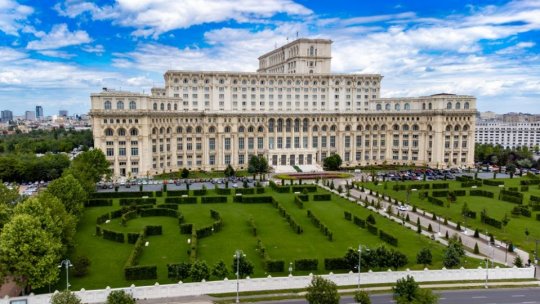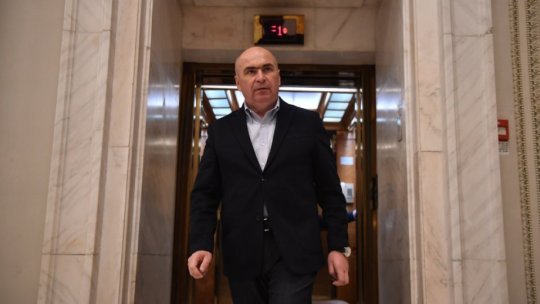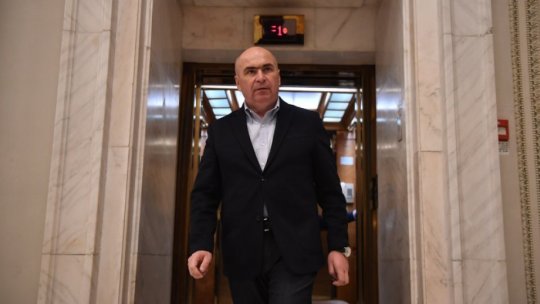Economic mesures taken by the romanian goverment
Prime Minister Emil Boc announced that starting October 1st, the minimum tax on turnover will be eliminated, and up until the end of the year companies will only pay 16% profit tax.

03 Octombrie 2010, 15:12
Trade unions, employers’ associations and the opposition in Romania have lately demanded concrete measures to boost the economy, which is showing no signs of recovery, and money for investment that would in turn create new jobs.
Under the pressure of protests and criticism, on Wednesday the government approved new measures. Prime Minister Emil Boc announced that starting October 1st, the minimum tax on turnover will be eliminated, and up until the end of the year companies will only pay 16% profit tax.
The executive also decided that a lump tax will be charged starting January 1st, 2011, targeting the fields where tax evasion is high. The Finance Ministry has one month to finalize the lump tax system to be implemented next year.
The elimination of the minimum tax was accompanied by economic measures aimed at supporting the business environment. According to recent data made public by the Trade Registry, in the 17 months since the minimum tax was introduced, in the spring of 2009, over 175 thousand companies halted their activity.
The executive decided that for companies to benefit from state aid, investment should stand at a minimum of 5 million Euros, as compared to 10 million as it is today and the number of new jobs should be at least 50, as to 100 today.
By setting these thresholds, benefiting will also be the small and medium sized companies, which will get state compensation amounting to up to 50% of the investment value. Also, the government decided that interest on unpaid debts be diminished, and also that forced execution will no longer be applied to the companies that the state owes money to.
“If the state owes money to the company, the forced execution procedure will no longer be started or it will be suspended if underway, because it’s not normal for a company to go bankrupt if the state owes it money for the services the company had provided.” said Prime Minister Emil Boc.
On the very same day when the government passed the new measures, the Romanian Central Bank decided to maintain the monetary policy interest rate at a historic minimum of 6.25%, to boost the growth of the economy, whose prospects for the future are by no means bright. Financial analysts had anticipated the decision, as the effects on inflation of increasing the VAT from 19 to 24% were obvious.
(Radio România Internaţional, Serviciul în limba engleză).













